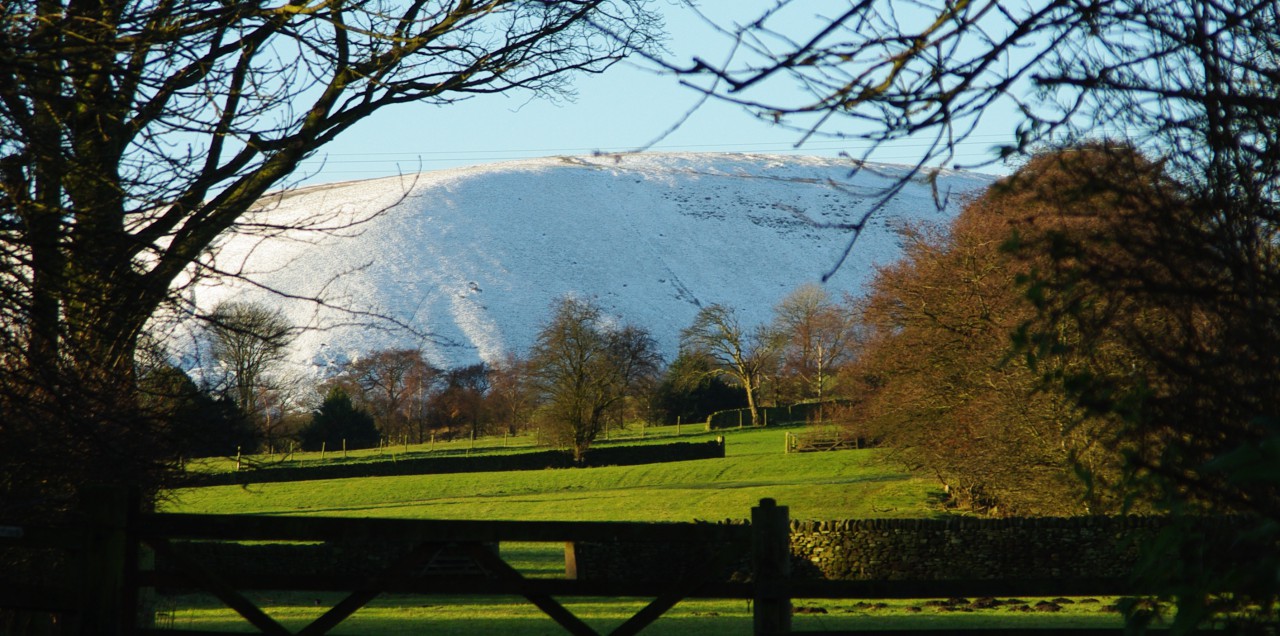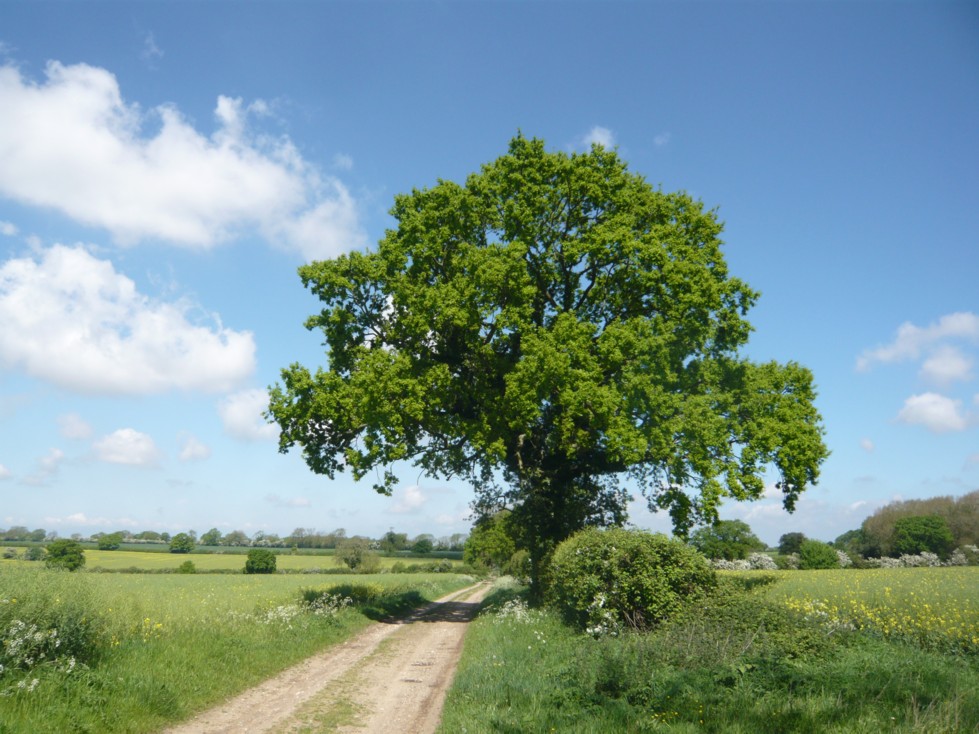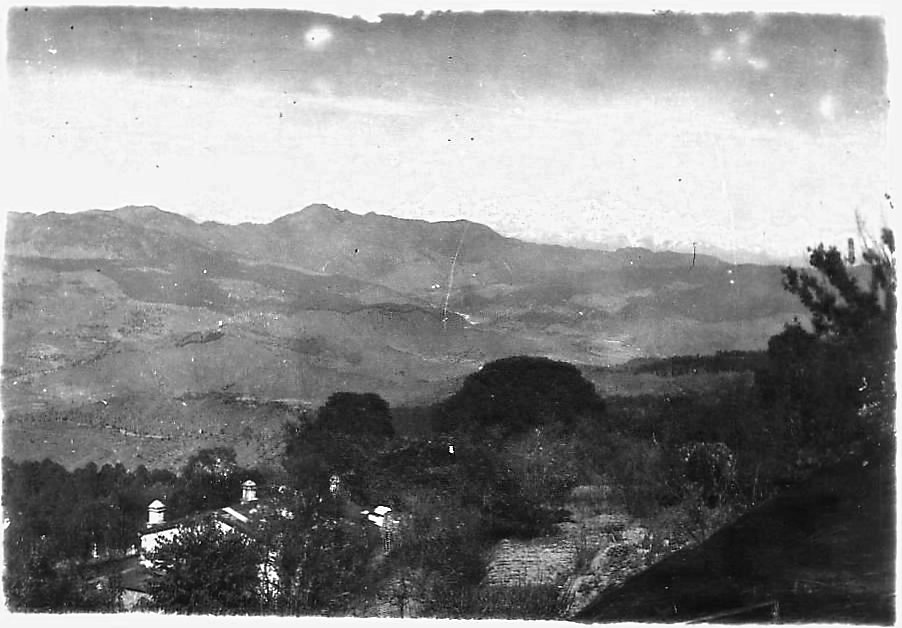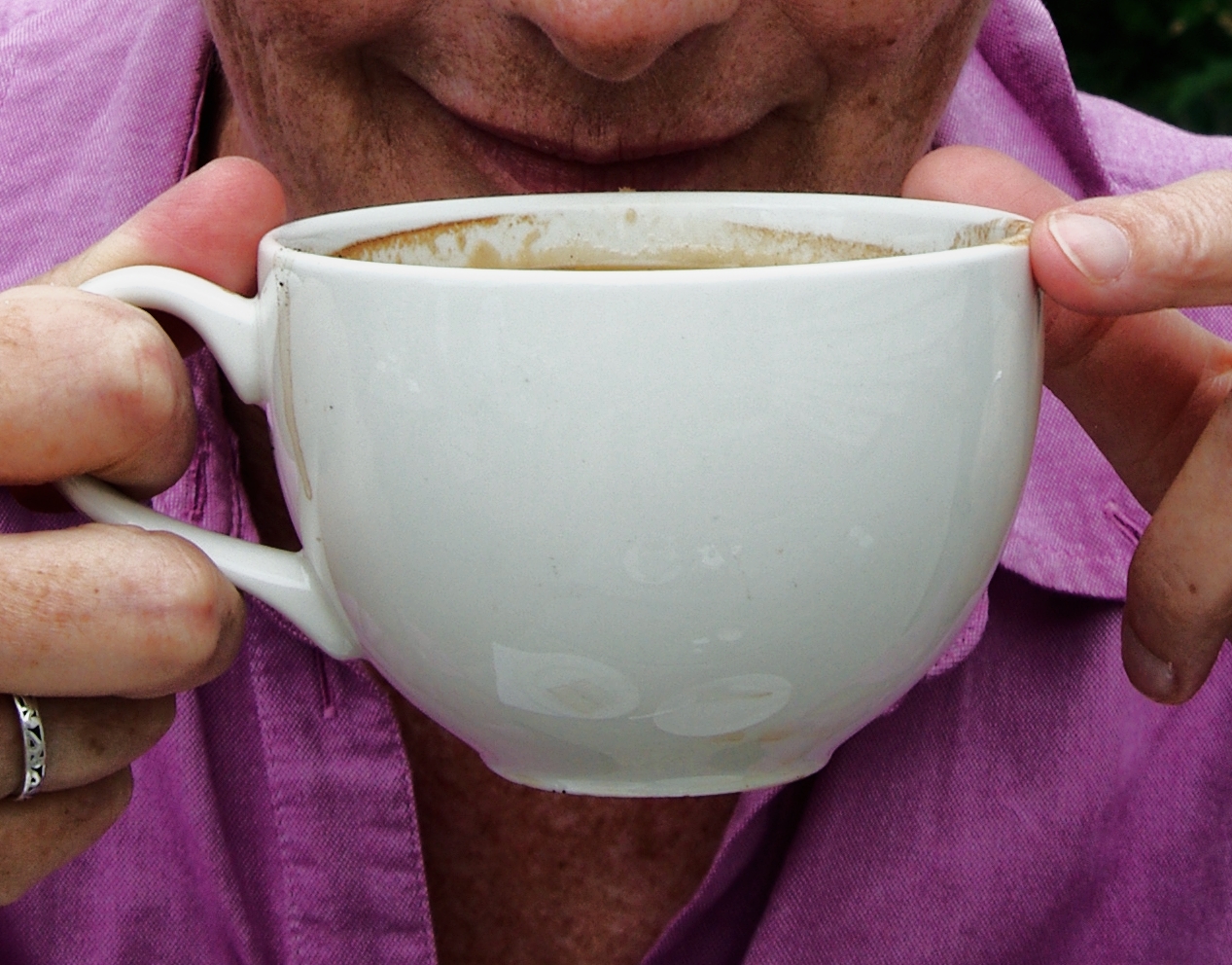Twitter can be an absolutely toxic place. Obviously there are plenty of other social media platforms and I’m sure they can be equally toxic. It’s Twitter I’m currently on, though.
Image by Arek Socha from Pixabay
It seems to be a continuation of ‘If you don’t agree with me then I will hate you.’ No, it seems more like ‘If you don’t parrot my views exactly, then I will destroy you with vitriol!’ There are apparently countless people whose time seems to be spent searching for posts or comments they can disagree with, and then piling in on them with as much vile rhetoric as they can. And, by coincidence, as I was writing this post, I replied to a vaguely related post elsewhere: ‘I think this is part of the issue around all social media, concerning the perceptions of the person behind the keyboard. We’ve all seen ghastly stuff people will post on twitter or other platforms that they would probably never say in real life, just because it feels as if they can rant into an empty space with no come-back. I post some personal stuff, although not very personal, but before posting anything (or, indeed, tweeting) I find it helps to stop and think ‘would I say this if I was standing on a stage addressing a thousand people in an audience?’ Because that, in essence, is what you’re doing.’ This was written in response to a post about sharing personal information, but it applies equally to posting one’s opinions online.
One inevitable result of this has been to leave me less sympathetic to their cause or point of view, even if it is one I support myself. And I would imagine it has a similar effect on quite a few other people. It also leaves me less inclined to engage with anyone on Twitter, since more and more I anticipate an angry response to something innocuous I’ve put up. I’ve noticed that over the last few months I’ve hardly posted anything on there, and equally rarely commented on others’ tweets. It also made me question my presence on here, although there was never any real chance of my leaving.
And at the moment, I can’t really see that changing. I’m in one of my occasional ‘shall I just leave Twitter altogether?’ moods, although I don’t suppose I will. There are a few (not many, to be honest) people on there I really want to keep up with, and it has been a good source of information about new (to me) books and music.
But I do feel I’m keeping it at arm’s length more and more these days.























